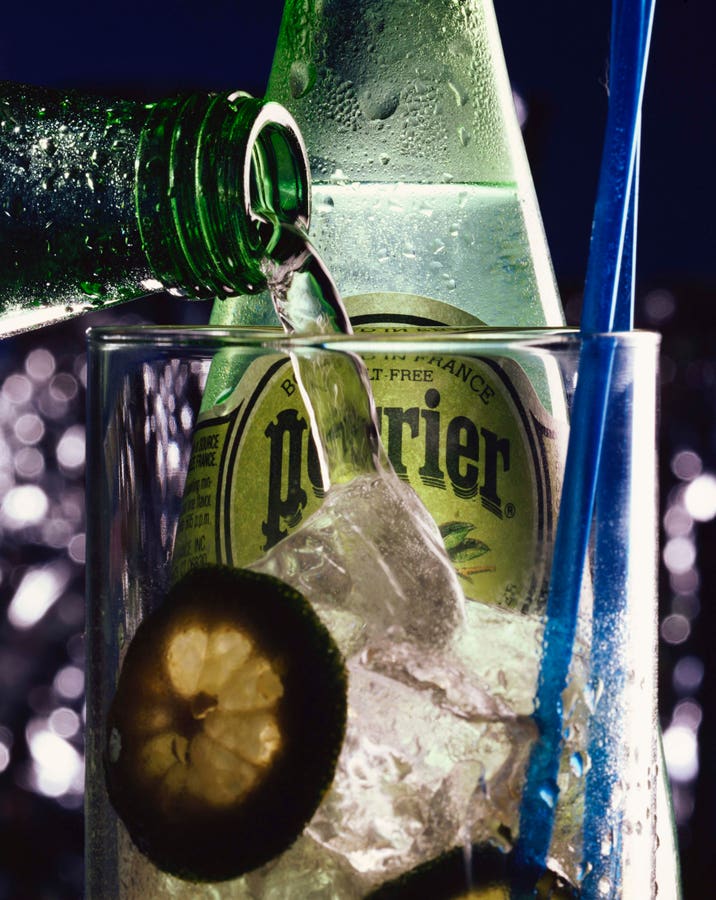A recent Pennsylvania sales tax case focused on the taxability of carbonated water, specifically Perrier. Jennifer Montgomery purchased bottles of Perrier from Sheetz and sought a refund of sales tax, arguing that Perrier is natural mineral water and not subject to sales tax in Pennsylvania. The Pennsylvania Department of Revenue denied her refund petitions, concluding that Perrier is carbonated water and subject to sales tax.
Under Pennsylvania tax law, a sales tax is imposed on retail sales of tangible personal property, excluding water. Soft drinks, defined as nonalcoholic beverages, are subject to sales tax. Montgomery argued that Perrier should be exempt from sales tax as natural mineral water and not as a soft drink because it is not artificially carbonated. However, the Commonwealth argued that Perrier is carbonated water, falls within the definition of a soft drink, and is subject to sales tax.
The Court analyzed the manufacturing process of Perrier, finding that it is extracted from natural springs, deaerated, carbonated, and bottled before being sold. The Court concluded that when a consumer purchases a bottle of Perrier, they are purchasing mineral water with carbonation, making it carbonated water subject to sales tax. The Court rejected Montgomery’s argument that only artificially carbonated water can be taxed as a soft drink, as the definition in the tax law does not make any natural or artificial qualifications.
This case highlights the complexities of sales tax laws, where the taxability of certain items can depend on subtle differences in their composition or manufacturing process. In this case, the presence of carbonation in Perrier was the determining factor in its classification as a soft drink subject to sales tax. The Court’s decision serves as a reminder to consumers to be aware of the tax implications of their purchases, even for seemingly simple items like bottled water.


